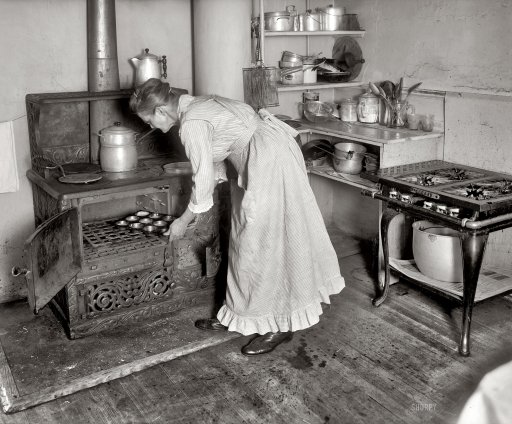Defending Julia
JULIA CHILD supposedly detested the word ‘housewife.’ She was a great cook, but was she a lousy wife? In this entry, a reader contends Mrs. Child emasculated her husband, Paul. Here, another reader disagrees.
MRS. P. writes:
Paul Child strikes me as a man who was his own person and not easily emasculated by anyone let alone his loving wife and closest friend Julia. The pair married in 1946. She was in her early thirties at the time. He was ten years her senior. When Paul passed away in 1994 after a long illness, the Childs had been married 48 years. (more…)

